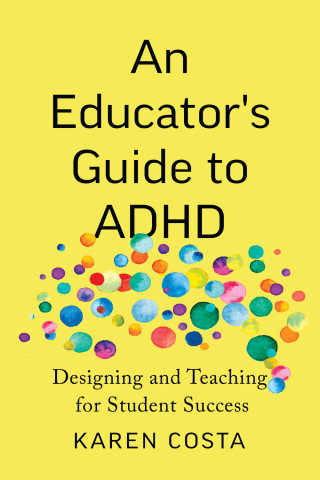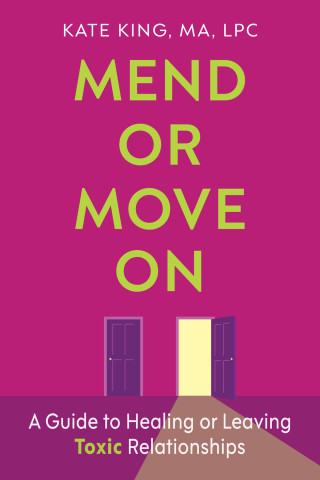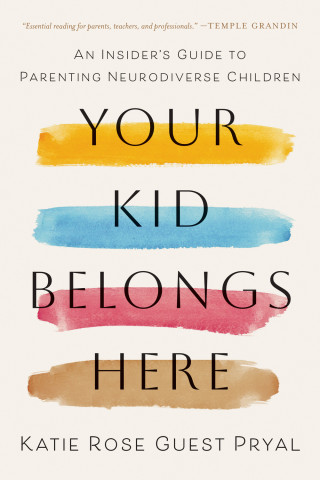
Reviews
Ghaemi raises dozens of thought-provoking questions in the midst of his tour through the concepts of psychiatry.
This interesting and well-written volume can both enhance the reader's conceptual approach to understanding psychiatry and assist the reader's avoidance of dogmatism on the one hand and conceptual 'glibness' on the other... A valuable contribution to our literature and an important extension of McHugh and Slavney's 1998 text, The Perspectives of Psychiatry.
After the narrow confines of most psychiatric writing, it is refreshing to read an author who can quote knowingly from both Seymour Kety and William James and who can competently discuss topics as diverse as the mind-body problem and the relevance for psychiatry of Epicurus and Sufism. The book is a reminder of the rich banquet of conceptual and philosophical issues that are of relevance to our field but rarely make it into the standard literature.
A sensational success when it comes to waking us up from our conceptually impoverished stupors... Ghaemi has given us a book that is not only painfully unusual by today's standards, but so stubbornly and clearly thought out as well.
The book is intended for thinking psychiatrists, but thinking patients stand to benefit perhaps even more.
I highly recommend this book to professionals in the mental health field, although others—such as hospital administrators, educators, and the intelligent layperson—may also find it stimulating and thought provoking.
Ghaemi's grasp is wide. His book will be as much disturbing as satisfying but will provide the reader a sense of where our field has been and where it may need to go.
Rare is the book that escapes descending into polemic on the subject of depression... Ghaemi provides a philosophical structure for considering unhappiness, but one designed to bolster the scientific validity of depression. As he makes clear, this is needed.
Eventually we all can hope that psychiatry will join medicine in identifying how the disorders we recognize are not entities imposed from without on people but rather expressions of life under altered circumstances that we can work to correct. To achieve this goal, we need to grasp how we are both working with patients and thinking about their conditions. Read here and see the future—not darkly and indistinctly hoping for inspiration, but face to face with the methods and practices that will bring it to pass.
Wide ranging and extraordinarily informed, Dr. Ghaemi gives us an indispensable guide to the difficulties and dilemmas of psychiatric work, plus the roadmap for a pluralistic future. A work of truly unusual intelligence.
Book Details
Foreword
Preface to the Paperback Edition
Preface to the First Edition
Acknowledgments
Part I: Theory: What Clinicians Think and Why
1. The Status Quo: Dogmatism, the Biopsychosocial Model, and
Foreword
Preface to the Paperback Edition
Preface to the First Edition
Acknowledgments
Part I: Theory: What Clinicians Think and Why
1. The Status Quo: Dogmatism, the Biopsychosocial Model, and Alternatives
2. What There Is: Of Mind and Brain
3. How We Know: Understanding the Mind
4. What Is Scientific Method?
5. Reading Karl Jaspers's General Psychopathology
6. What Is Scientific Method in Psychiatry?
7. Darwin's Dangerous Method: The Essentialist Fallacy
8. What We Value: The Ethics of Psychiatry
9. Desire and Self: Hellenistic and Eastern Approaches
Part III: Practice: What Clinicians Do and Why
10. On the Nature of Mental Illness: Disease or Myth?
11. Order out of Chaos? The Evolution of Psychiatric Nosology
12. A Theory of DSM-IV: Ideal Types
13. Dimensions versus Categories
14. The Perils of Belief: Psychosis
15. The Slings and Arrows of Outrageous Fortune: Depression
16. Life's Roller Coaster: Mania
17. Being Self-Aware: Insight
18. Psychopharmacology: Calvinism or Hedonism?
19. Truth and Statistics: Problems of Empirical Psychiatry
20. A Climate of Opinion: What Remains of Psychoanalysis
21. Being There: Existential Psychotherapy
22. Beyond Eclecticism: Integrating Psychotherapy and Psychopharmacology
Part III: After Eclecticism
23. Bridging the Biology-Psychology Dichotomy: The Hopes of Integrationism
24. Why It Is Hard to Be Pluralist
Afterword
Notes
References
Index






